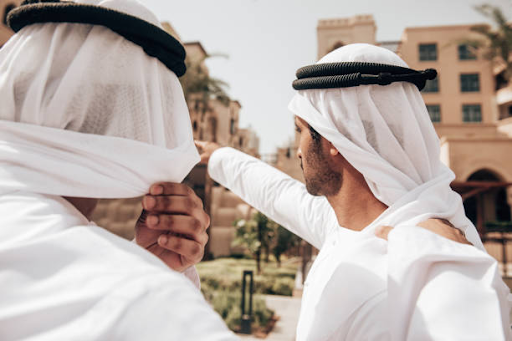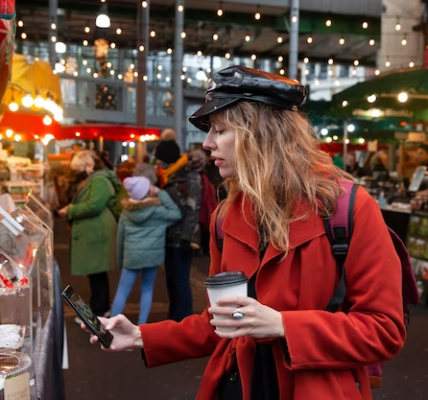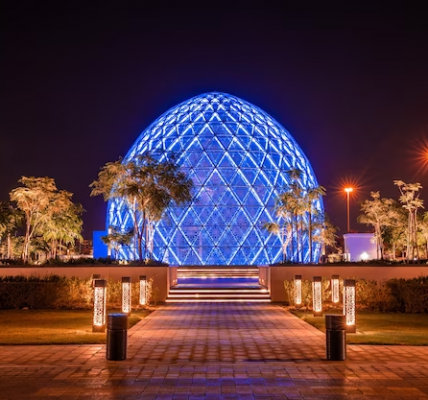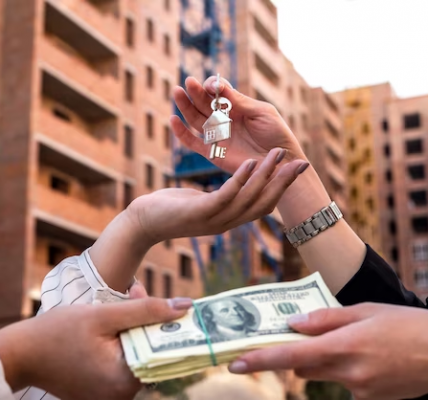Introduction to Dubai’s Property Market
Dubai, known for its grandeur and opulence, has attracted global attention with its rapidly evolving property market. Once just a small fishing village, Dubai has transformed into a bustling metropolis teeming with skyscrapers and luxury villas. Its property market is unique, driven by both local and international factors. A haven for investors, it promises both luxury living and, potentially, lucrative returns.
Historical Overview
The property market in Dubai took a dramatic turn in the early 2000s. Before then, property ownership in Dubai was largely restricted to UAE nationals. However, with the introduction of freehold property laws in 2002, foreigners were given the opportunity to buy, sell, and lease properties. This new legislation sparked an influx of investments and a skyscraper boom that reshaped the city’s skyline.
Current Trends
Recent years have seen Dubai’s property market ebb and flow. With the Expo 2020, there was a spike in demand, leading to an increase in property values. Furthermore, amidst global shifts in property investment trends, Dubai has emerged as a popular choice for digital nomads and remote workers. With its robust digital infrastructure and commitment to innovation, the city is an attractive hub for the modern professional.
Key Considerations
When diving into Dubai’s property market, it’s essential to arm oneself with adequate knowledge to make informed decisions.
Legal Restrictions for Foreign Buyers
- Residency Status: Contrary to popular belief, you don’t need to be a resident to buy property in Dubai. Both residents and non-residents can purchase property. However, owning a property might make it easier for non-residents to obtain a multi-entry visa.
- Freehold Areas: Foreign buyers are permitted to buy properties in designated “freehold” areas. These zones, strategically located around the city, offer a plethora of options from luxury villas to chic apartments.
Freehold vs. Leasehold
Understanding the difference between these two is crucial:
- Freehold: As a freehold property owner, you have complete ownership of both the property and the land it’s on. This kind of ownership is forever, and it allows you to sell, lease, or use the property as collateral.
- Leasehold: Here, you purchase a property for a specific number of years, typically 10 to 99 years. At the end of the lease term, the property reverts to its original owner.
The Role of Real Estate Agents
Engaging with a reputable real estate agent can make the buying process smoother. They can offer insights, help navigate Dubai’s unique property laws, and even assist in finding the best mortgage offers. Remember to ensure your agent is registered with Dubai’s Real Estate Regulatory Agency (RERA).
Financial Aspects
Initial Costs
Buying property is not just about the listing price. Additional costs can include:
| Cost Type | Description |
|---|---|
| Deposit | Typically 10% of the property’s price. |
| Dubai Land Department (DLD) Fee | This is 4% of the property’s price plus a nominal admin fee. |
| Agency Fee | Usually 2% of the property’s price. |
| Valuation Fee | If you’re getting a mortgage, a valuation fee is necessary to assess the property’s worth. It can range, but AED 2,500 is a ballpark figure. |
Keep in mind, while these costs might seem burdensome, investing in Dubai’s property can offer significant returns in the long run.
Living in Dubai
Cultural Considerations
Dubai is an exquisite blend of ancient traditions and modern luxuries. This city resonates with cultural richness, but newcomers often face a cultural learning curve.
- Dress Code: Respect is a pillar of Dubai’s culture, and it is often reflected in the way people dress. While the city is relatively liberal compared to other parts of the Middle East, modesty is key. For instance, while at malls or restaurants, it’s advisable for women to wear dresses that cover their knees and shoulders. Men, on the other hand, should avoid sleeveless shirts.
- Social Norms: Emiratis value their traditions and customs, so it’s beneficial to familiarize yourself with basic etiquette. For example, during the holy month of Ramadan, it’s respectful not to eat, drink, or smoke in public during daylight hours.
Lifestyle and Amenities
Dubai is synonymous with luxury, and this reflects in its lifestyle offerings. From upscale malls like The Dubai Mall to attractions like the Burj Khalifa, there’s never a dull moment. The city boasts:
- World-class Infrastructure: With state-of-the-art hospitals, schools, and public transport systems, Dubai offers a comfortable living standard.
- Diverse Culinary Scene: With a population comprised of many nationalities, Dubai’s food landscape is a delightful melange of global flavors. From opulent restaurants to quaint cafés, there’s a dish for every palate.
The city is also a hub for various events, concerts, and festivals, ensuring residents always have entertainment options.
Conclusion
Dubai is not just a city; it’s an experience. Buying property here is not merely a transaction but a step into a world of luxury, innovation, and cultural richness. However, like any significant investment, it demands careful consideration, research, and understanding. This guide offers a primer, but the real essence lies in experiencing the city firsthand.
FAQs
1. Can foreigners buy property anywhere in Dubai?
No, foreigners can only buy property in designated freehold areas. However, these areas offer a variety of property options, from apartments to luxury villas.
2. Is it necessary to have a residence visa to buy property in Dubai?
No, both residents and non-residents can purchase property in Dubai. Owning a property might make it easier for non-residents to get a multi-entry visa, though.
3. Are there property taxes in Dubai?
Dubai does not impose annual property taxes. However, there may be service charges, especially in apartment complexes or gated communities.
4. Is Dubai safe for expatriates and foreign investors?
Absolutely! Dubai is often ranked as one of the safest cities globally. Its low crime rate and stringent laws make it a secure place for both residents and investors.
5. How is the rental yield in Dubai compared to other major cities?
Dubai offers competitive rental yields, often surpassing other global cities. Due to its status as a business hub and tourist destination, there’s a constant demand for rental properties, making it a lucrative option for investors.




